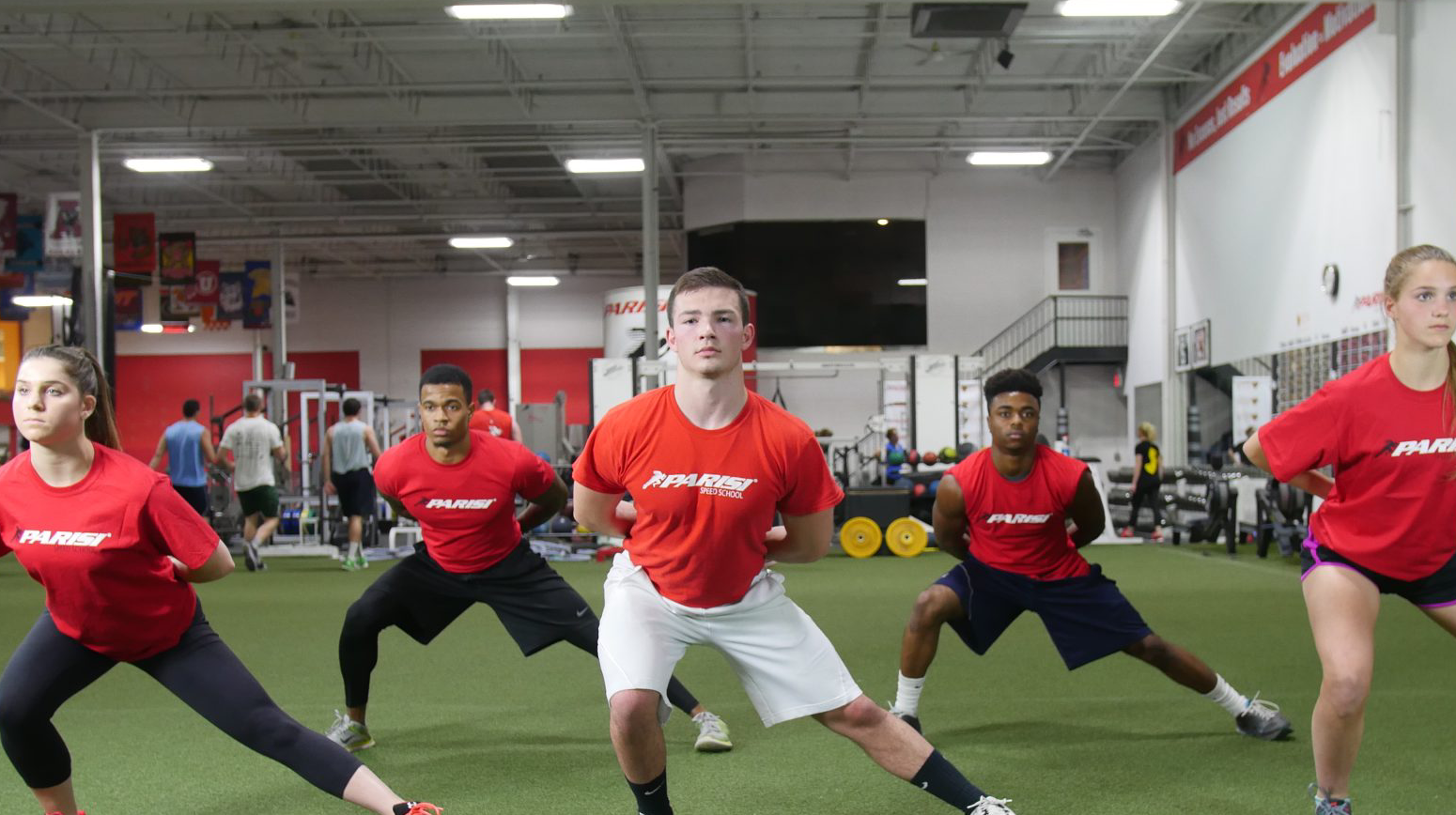There is an overwhelming amount of information out there on proper nutrition for young athletes. So much so, in fact, that many nutrition guidelines now seem somewhat contradictory. How is youth athlete or a parent supposed to decipher through all this information?
We like to keep things as simple as possible for our athletes, parents and coaches. Our rules of thumb when it comes to nutrition for young athletes are as follows:
Nutrients
Nutrients are the components of food that our body needs to grow, fight disease and provide energy to support all the body systems, organs and functions that keep your body healthy and strong. The body gets most of its nutrients from food. Foods that are high in nutrients are often called “nutrient-dense” foods. These are foods like vegetables and fruits.
Whole natural foods that come from the five food groups supply the body with the nutrients it needs. Other foods are low in nutrients and only supply energy to the body. Energy that is not used is stored as fat. These are foods high in sugar and/or fat but have very little, if any, other nutrition for young athletes. These are foods like cake, candy, soda, and chips. Nutrients can be divided into several categories:
- Macronutrients: Food is made up of macronutrients. Macronutrients are protein, carbohydrates and fat. Every food is made up some or all of these three macronutrients. They are called macronutrients because the body needs large amounts of this to live. This is the main source of energy. Each of these macronutrients can be broken down by the body to energy to perform the millions of actions the body performs every day to live. When the body has more macronutrients than it needs, it will store it as fat tissue.
- Micronutrients: Micronutrients can be broken up into vitamin and minerals. These are essential for the body to function properly. They are referred to as micronutrients because the body only needs a small amount of them (micrograms and milligrams).
- Vitamins: Vitamins are substances that the body needs to function properly. The body gets most of its vitamins from food because although the body can make some vitamins, it cannot make the amount it needs. Athletes may not be getting enough of all the vitamins the body needs if they are not eating a well-balanced diet rich in nutrient dense foods. There are other reasons for vitamin deficiencies, always consult with your doctor or a registered dietitian.
- Minerals: Minerals are inorganic elements which are used by the body to make tissues, cells, support enzyme functions, and balance the water and electrochemicals throughout the body. The body cannot make minerals but only needs a very small amount to function. The body gets the minerals by eating a well-balanced meal with healthy nutrient dense foods from each of the food groups.
Pre-Game and Post-Game Nutrition
Fueling before and after a sporting event is extremely important to help your body recover, reduce soreness and inflammation after a workout. Pre-game, something quick and delicious to fuel your body would be a peanut butter and jelly sandwich.
When we think of repairing our muscles, we think of protein. When you workout, you are tearing down muscle fibers. Right after a game or workout, you want to prioritize protein (and carbs) to help build that muscle back up.
We recommend carbs and protein in a 2-to-1 ratio within a 30 minute window. Something quick and easy is chocolate milk. It might be a little higher in sugar but right after a workout that’s extremely important and that’s okay to be drinking. Beet juice, while it may not taste as good as chocolate milk, has a lot of benefits for you, such as increased muscular endurance and strength in your body.
The Secret Ingredient: Sleep and Hydration
Hydrate, hydrate, hydrate! When it comes to what you’re putting in your body throughout the day, it’s extremely important. There are a lot of high-sugar energy drinks out there, but we highly recommend to stick with good ol’ H20. If you are dehydrated, you are at a higher risk of injury.
In terms of how much water you should be drinking, it definitely depends on how active you are throughout the day, but we recommend 0.5 to 1 ounce of water per pound of bodyweight per day.
Adequate rest is so important for youth athletes. When you’re breaking down your body, you need rest to help your body get back to where it was. If you’re not sleeping at night, your body is not going to fully recover. 8-10 hours of sleep a night is just as important, or even more important than your training.

